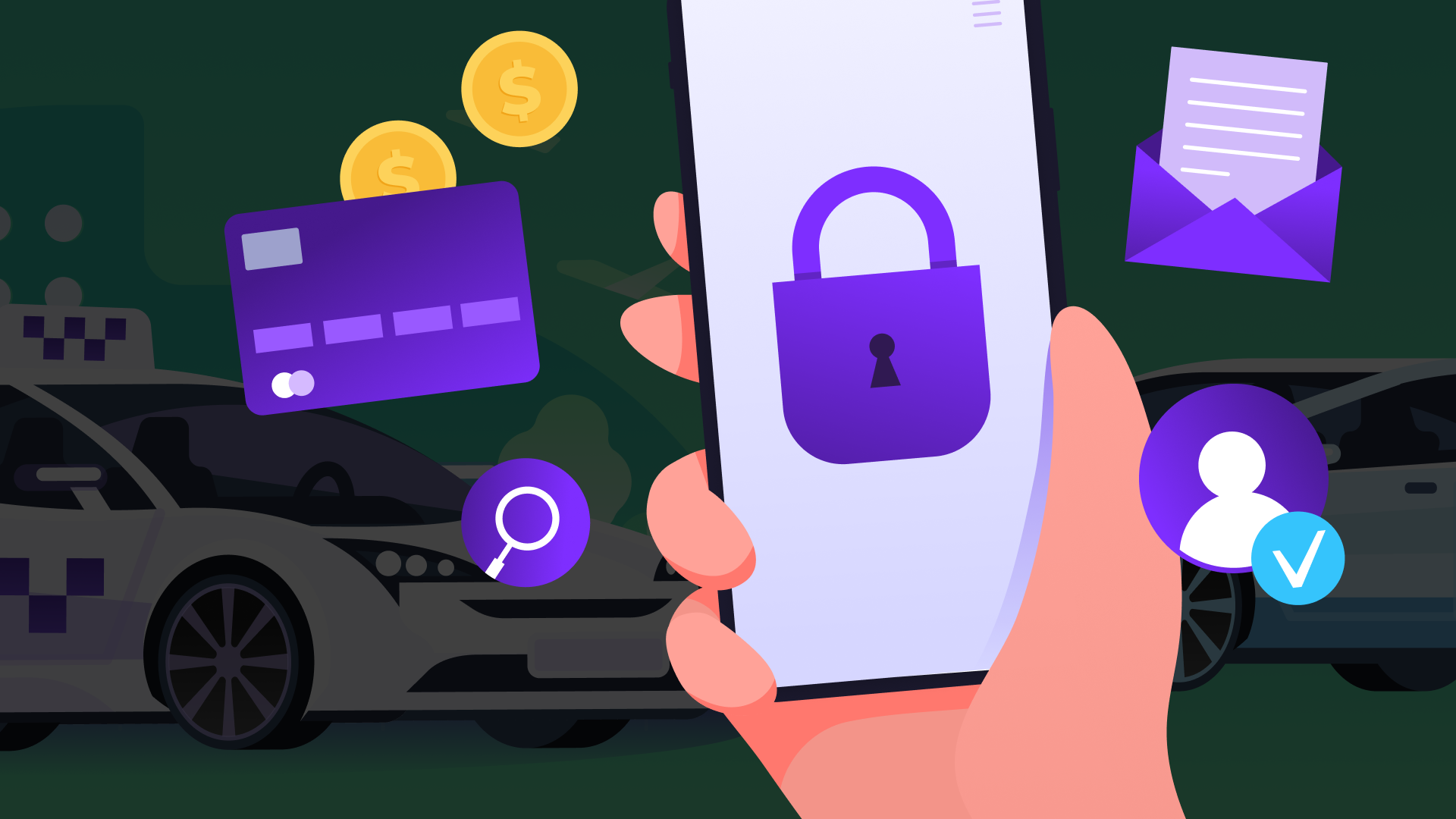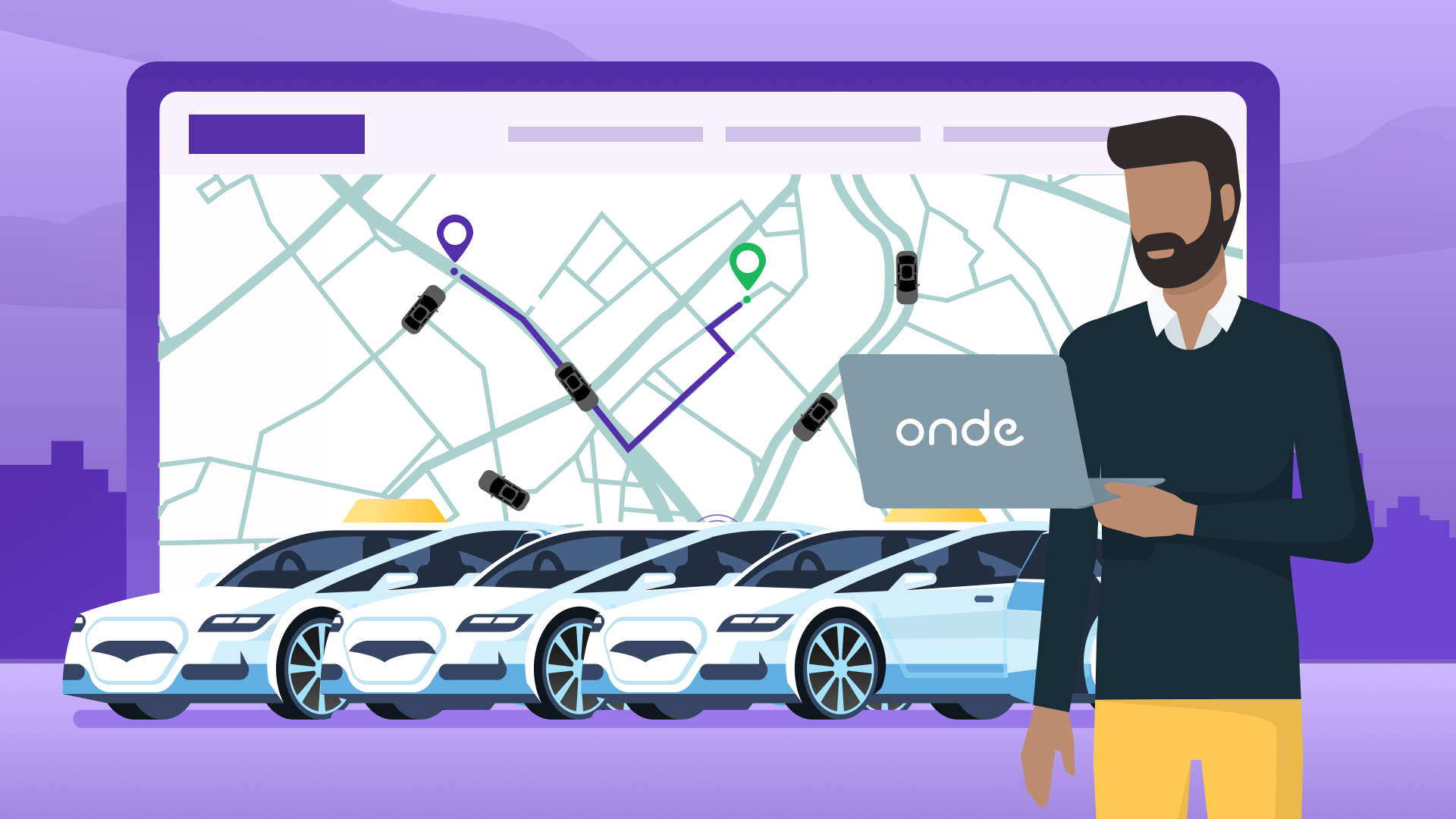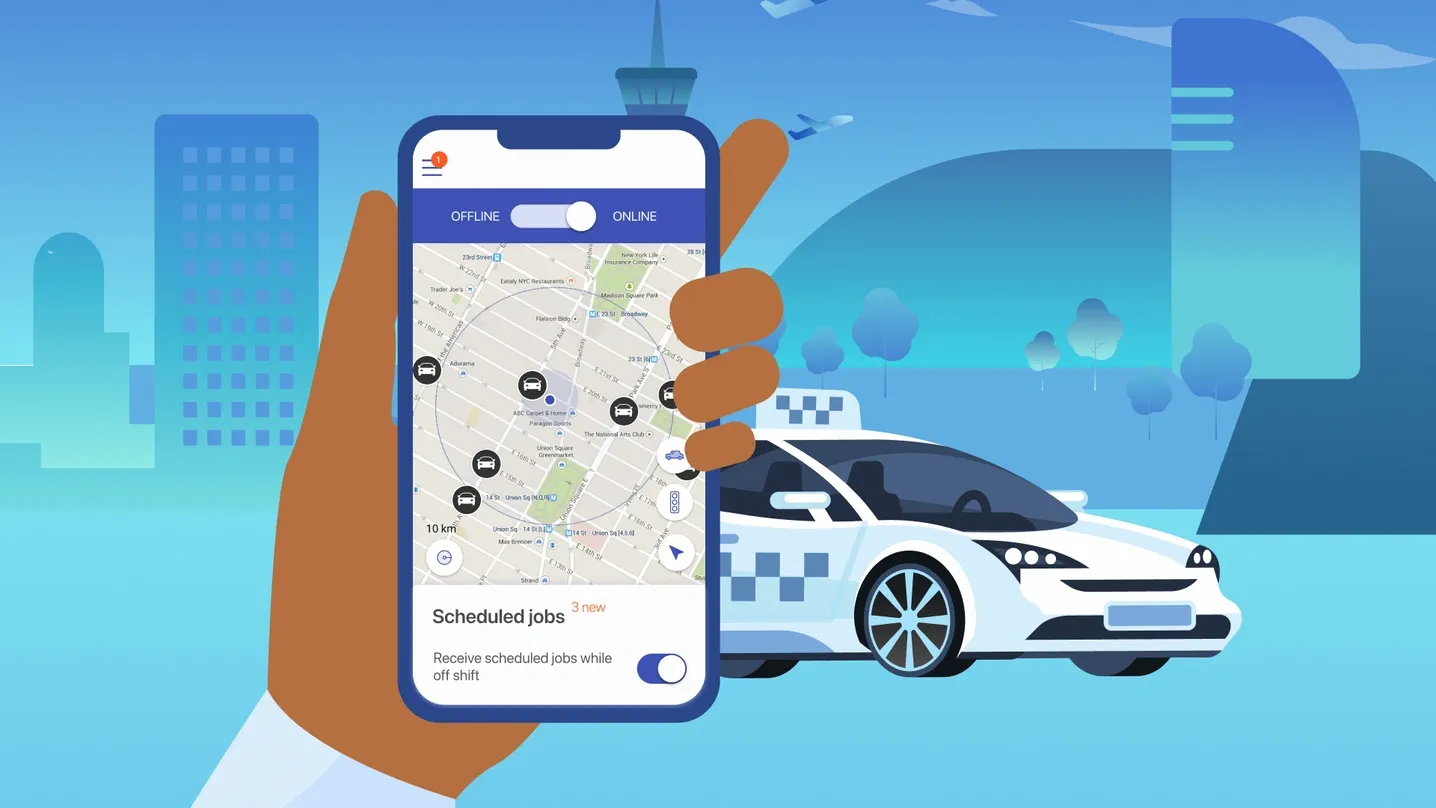
6 Data Privacy Practices to Enhance Your Ride-Sharing Business
Ride-sharing businesses handle sensitive customer information with each transaction, which may include an individual’s name, phone number, and current location. In any ride-sharing scenario, clients depend on ride-sharing services to uphold strict data privacy standards.
This blog provides 6 key strategies to help fortify your ride-sharing business as it takes on sensitive consumer data. The idea is to avoid liability while allowing your drivers and their passengers the freedom to conduct business efficiently.
1. Minimize data risk through policy

Ride-sharing businesses rely almost exclusively on freelancers to greet clients, these freelancers should sign clear data usage policies before they can hit the road. The idea is to cover all the possible actions that might be considered breaches of data privacy on the part of your drivers.
2. Be clear with passengers about data security

Every ride-sharing provider should present their approach to data security in clear and visible terms to potential riders. The specifics of each company’s terms and conditions will vary, of course, but the common theme is to advise your passengers against disclosing any more information than necessary.
This level of transparency doesn’t just appeal to consumers who expect details, however; it reinforces the customers’ part in keeping their own data secure. Certain details will read the same as any company, except with more consideration for ride-related incidents like your policy on camera recording.
Your drivers will also benefit from clear rules of engagement with passengers since they would at least be mentioned in any conflict related to their passengers’ data.
3. Instill access control at all levels

Access control is a basic tenet of data security that should be instilled across every organization that handles data. This is especially true in ride-sharing, where the principle of least privilege (PoLP) should apply. This means that all parties involved - the drivers, passengers, dispatchers - are only granted access to the information relevant to their job.
The practice starts with policies that tell employees what they should and shouldn’t know, and continues within your company’s software with different levels of clearance and data visibility. At Onde solution, it can be easily done with the Access Permissions feature.
Without an ironclad access control policy, companies will find even more difficulty in tracing data security concerns to their source. Similar to the policies for consumer data privacy mentioned above, these controls also protect the drivers. Having their footsteps in the system documented protects them against misplaced blame in the event of a data breach.
4. Maintain data recovery backups

The concept of data security probably brings images of hackers to mind, but it encompasses all aspects of keeping data secure. This includes warding against catastrophic events and total system failure.
Backing up sensitive data is a double-edged sword, of course, since creating copies of it just creates more instances to protect. However, the capability to continue providing ride-sharing services even during a system failure is invaluable. There are also many ways to enact virtual backups in modern architecture since you can run entire companies from the cloud.
An effective backup system occurs at regular intervals and continues to evolve as the needs of the company grow. As part of any scalability plan, a backup and restore system can be the ultimate failsafe for data protection in the face of catastrophic loss.
5. Follow the four principles of data security

The four principles of data security are considered ground-level for data security professionals, but these should govern all of the measures you take to secure your ride-sharing system. They are as follows:
- Confidentiality
This is an umbrella term that encompasses many of the ideas we’ve already covered in access control. That is, confidentiality extends the assumed non-disclosure of sensitive data to include all forms of communication. In this case, avoiding gossip about company secrets is placed in the same frame as sharing client information with an unauthorized third party, for example.
- Data Integrity
Making sure data isn’t lost or stolen is half the agenda; the other half is making sure the retained data remains whole. Integrity can be maintained with regular checks for specified criteria and fine-tooth reporting, both of which can be provided by reliable CRM software.
- Availability
With ride-sharing, data availability is the lifeblood of business. For your taxi service to work, the customer’s information must be readily available to the driver. Luckily, the Customer and Driver apps are responsible for that.
- User Accountability
These are the rules that hold all parties responsible for business actions associated with their workloads, and bear some responsibility for the data they manage during the course of business. Accountability practices aren’t just for assigning blame; they help organizations identify the source of data-related problems.
6. Promote centralization through software

Modern ride-sharing businesses require various features to compete with the existing choices, and these features often require third-party applications to work. A collection of different applications offers a versatile foundation, but each of these connections presents additional data security risks.
Data is most vulnerable when it’s in transit from one system to the next, think: money in an armored truck versus money in a vault. If you intend to use company management software as your main space for consumer data, it helps to find one that includes external features related to ride-sharing. Collecting map, location, consumer, and financial data within the same sphere makes it much easier to verify its integrity.
All-in-one ride-sharing platforms like Onde support the central theme of centralization by providing their software protections to the measures you took in the previous step.
In this case, that includes PCI DSS compliance and 3DS checks to navigate inherent data risks. If you need help developing specific features, outsourcing agencies like Global Software Companies can be a lifeline.
Thinking forward about data security

As you consider ways to implement effective data security practices in your ride-sharing business, also remember that threats to data security evolve with technology. That is, even if you have enacted all possible measures, a time of complacency or negligence can still undermine all your efforts.
Scaling a company from one tier to the next isn’t always a matter of simply applying the same data security measures to a larger data set. We recommend revisiting these policies at least once a year to make sure they haven’t been outgrown.
Like the article? Share it with your friends!


